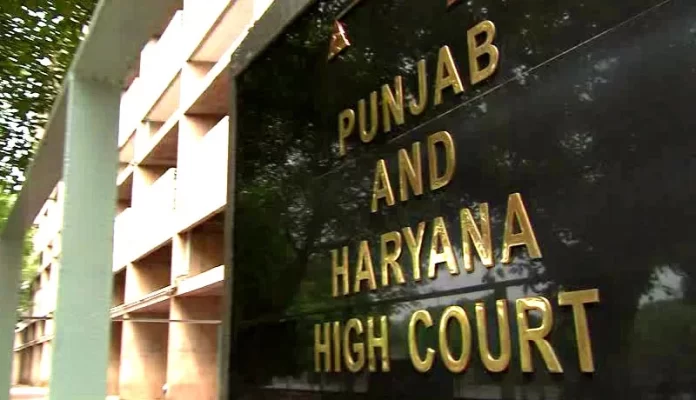26 Jul. 24: The Punjab and Haryana High Court has ruled that married individuals who elope from their parental homes to enter into live-in relationships are violating their parents’ right to dignity and bringing dishonor to their families. Justice Sandeep Moudgil emphasized that such couples cannot be granted police protection under Article 226 of the Constitution, as it would amount to the court indirectly endorsing these “illicit relationships”, reported the Bar and Bench.
Justice Moudgil made these observations while hearing petitions from couples seeking protection despite their existing marriages. The judge highlighted that the right to life and personal liberty under Article 21 of the Constitution includes the right to live with dignity. He stressed that by running away from their homes, the petitioners were not only tarnishing their families’ reputations but also infringing on their parents’ right to live with dignity and honor.
The court underscored that the freedom guaranteed by Article 21 must be exercised within the bounds of the law. Justice Moudgil noted that granting protection to such couples would indirectly support the practice of bigamy, which is an offense under Section 494 of the Indian Penal Code (IPC), and would violate the rights of the other spouse and children.
In one of the cases, a 40-year-old woman, who had divorced her husband in 2013, was in a live-in relationship with a 44-year-old man still married with a child. The court rejected the petitions, stressing the importance of upholding moral values and customs in Indian society.
The judge remarked that marriage is a fundamental social institution in India, deeply rooted in cultural traditions, and serves as a significant legal and moral framework for family and community life. He noted that while some parts of Indian society have adopted modern lifestyles, including live-in relationships, these must be approached with caution.
The court also highlighted the public significance of marriage, emphasizing the reciprocal duties of support between spouses and their joint responsibility for raising children. Justice Moudgil stated that entering into a marriage carries both moral and legal obligations that contribute to societal stability.
While dismissing the petitions, the court clarified that individuals with genuine grievances or threats to their lives could still approach the police for protection. However, the police must verify the facts before taking any action.
Advocates Rahi Mehra, Vikram Singh Narwal, and Suman Kumari represented the petitioners in the case.




